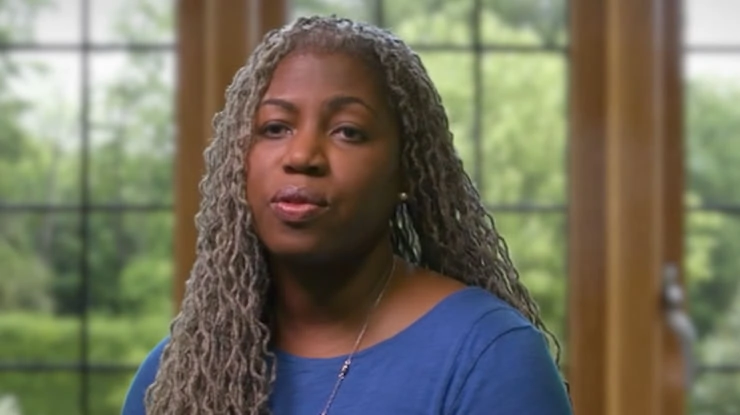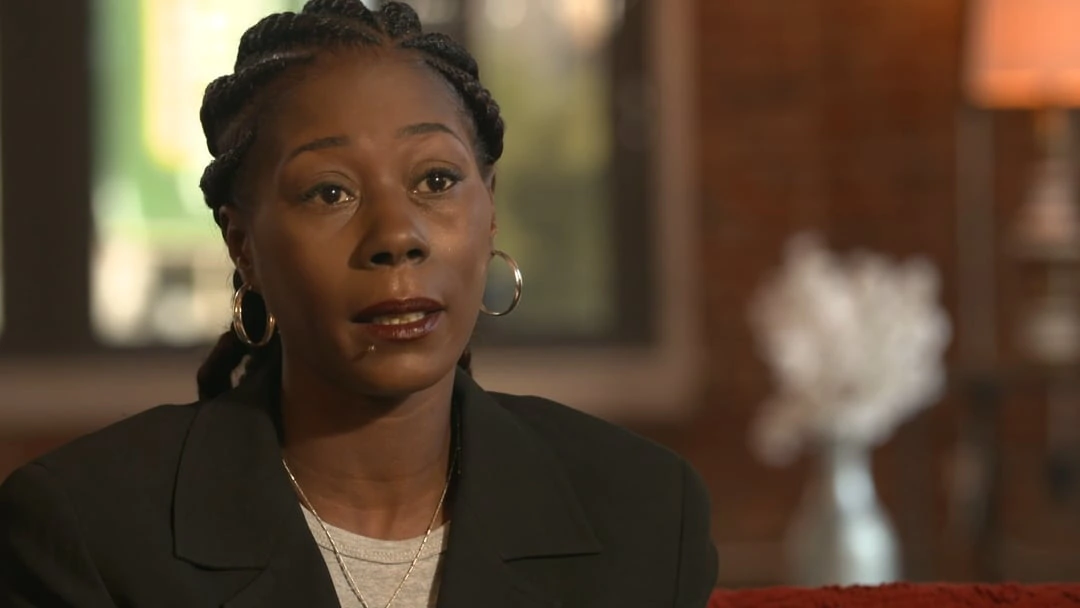Property damage is any physical damage that occurs to tangible property. The damage can be the result of another person’s negligence, willful destruction, or an act of nature. While insurance typically covers the loss, compensation may need to come directly from the offending party, as in cases where the costs of damage exceed the policy limits. The amount of compensation due is usually determined by the value of the property and/or the cost to replace or repair the damage, or costs incurred until the property can be replaced or repaired. Determining compensation becomes more subjective in cases involving heirlooms or property with sentimental value, as these items may not be easily replaced.
Property damage that may arise from another person’s negligence can include common events, such as an auto accident, or even damage that results from construction defects, like foundation cracks or improper electrical or plumbing work. A less common cause of damage arises from subsidence, which occurs when the ground beneath a property experiences sudden sinking or settling. When this happens, a structure may tilt, break, or collapse completely. While subsidence can occur due to natural causes, it is most commonly caused by the removal of water, gas, mineral resources, and oil.
When filing a property damage claim, it’s essential to understand the two main categories of property:
Understanding these property types and damage causes can help owners take the right steps to recover losses through insurance claims or legal action.
Damage resulting from an act of nature can include wind damage from hurricanes or tornadoes, flooding, wildfires, lightning strikes, earthquakes, and burst pipes from cold weather.
Insurance adjusters, whether they work for you or the person who damaged your property, ultimately work for the insurance companies. As such, they will often try to deny your claim or vastly underpay on the claim.
During a property damage lawsuit, the plaintiff files legal action against the person who damaged their property, known as the defendant, to recover reimbursement for repairing or replacing the damaged property. This action can be based on several different damage claims.
Compensatory damage claims are designed to cover the costs associated with repairing or replacing the damaged property. Any costs incurred because the damaged property was rendered unusable, like a store having to close temporarily after having a vehicle crash through it, are covered in consequential damage claims. Punitive damage claims do not arise due to the actual damage to property, but as punishment for the defendant and to discourage others from acting in a similar manner. Punitive damages can only be awarded if the plaintiff has been awarded compensatory damages and will usually not exceed ten times the amount awarded for compensatory damages. Lastly, incidental damage claims aim to cover expenses that arise due to the loss or damage of property. For example, the cost of a rental vehicle while the plaintiff’s vehicle is being repaired could be claimed as an incidental damage claim.
Statutes of limitations set the legal deadlines for filing a lawsuit after property damage occurs. These time limits are strict. Missing them could mean losing your right to seek compensation. Here are some factors to consider:
Understanding and adhering to these time limits can significantly impact your case. Consulting a legal professional ensures you take the right steps before time runs out.
Navigating property damage claims can feel overwhelming, but finding state-specific information doesn’t have to be complicated. Here are some key resources to help:
Using these resources, you’ll be better prepared to navigate property damage claims and understand the laws that apply to your situation.
Like in any legal matter, it is important to hire an attorney who is knowledgeable in the type of lawsuit you are looking to file. In the case of property damage, you will want an attorney with the experience and resources to recover your losses, whether that is from the person who did the damage, their insurance company, or your insurance company. If your property has been damaged, call The Cochran Firm today.
Source Materials:























